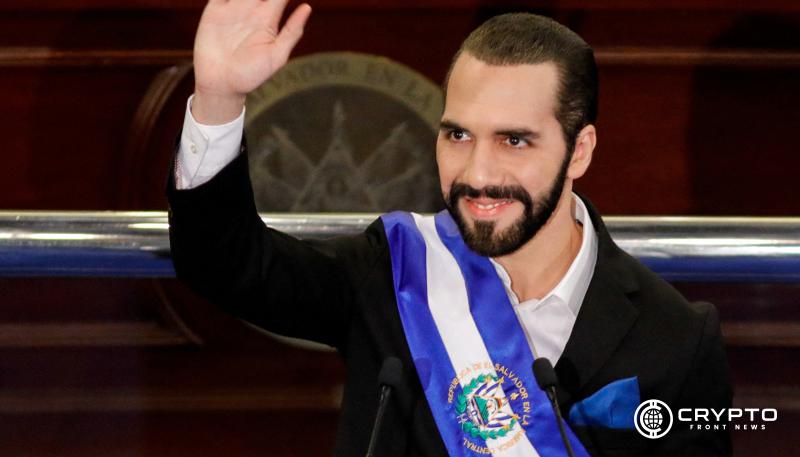- El Salvador will make bitcoin acceptance voluntary to unlock $3 billion in loans.
- The IMF required policy changes and fiscal adjustments for a $1.3 billion deal.
- Loans from the World Bank and Inter-American Development Bank depend on the IMF agreement.
El Salvador is set to revise its policy requiring businesses to accept Bitcoin as legal tender in a move aimed at unlocking over $3 billion in international loans. According to a report by the Financial Times, the government will shift to a voluntary bitcoin acceptance model, addressing concerns raised by the International Monetary Fund (IMF).
This adjustment is crucial for the Central American nation to secure a $1.3 billion loan agreement with the IMF. The loan is expected to pave the way for additional funding, including $1 billion each from the World Bank and the Inter-American Development Bank. The Financial Times highlighted that these changes align with the IMF has reiterated recommendations since October.
El Salvador made history in 2021 by becoming the first country to adopt Bitcoin as legal tender. However, the decision has faced scrutiny, especially from the IMF, which cited risks to financial stability and economic integrity. The organization’s concerns have prompted repeated calls for President Nayib Bukele’s administration to narrow its cryptocurrency ambitions.
President Bukele, who championed the Bitcoin law, acknowledged in August that the policy had achieved mixed results. Despite efforts to promote Bitcoin use, domestic adoption has remained limited. The government currently holds 5,750 bitcoins, valued at approximately $570 million as of May 2024, with bitcoin trading at $99,259.99 earlier today.
Beyond revising its cryptocurrency policies, El Salvador has agreed to additional measures to secure the IMF loan. These include reducing the national budget deficit, passing an anti-corruption law, and bolstering foreign currency reserves.
The decision to ease bitcoin requirements reflects a broader effort to stabilize the country’s economy and access crucial international financial support. While Bitcoin remains a legal tender option, the shift to voluntary adoption could alleviate the financial and operational challenges businesses face, further aligning the nation with international fiscal standards.





